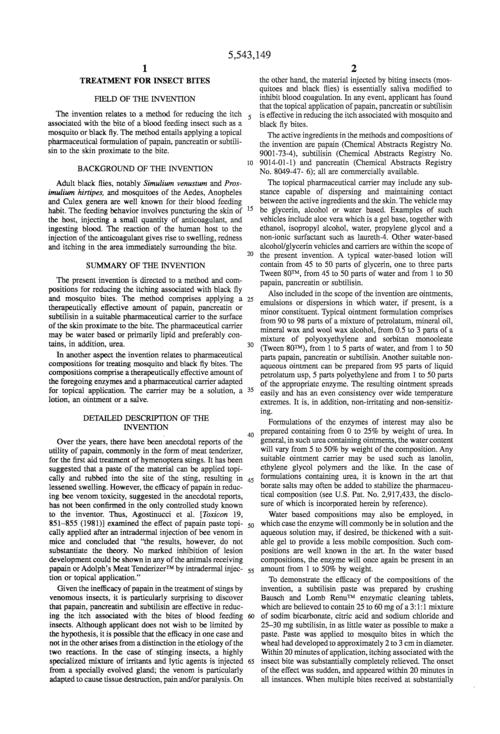
Treatment for Bug Bites: A Comprehensive Guide
Dealing with bug bites can be an uncomfortable and sometimes painful experience. Whether you’ve been bitten by a mosquito, a spider, or any other type of bug, knowing how to treat these bites effectively is crucial. In this article, we will delve into various treatment options, home remedies, and preventive measures to help you manage bug bites more effectively.
Understanding Bug Bites
Bug bites can vary in severity and appearance, depending on the type of bug that caused them. Common symptoms include redness, swelling, itching, and pain. In some cases, bug bites can lead to allergic reactions, infections, or other complications. It’s important to identify the type of bug that caused the bite to determine the best course of treatment.

Immediate Treatment
When you discover a bug bite, it’s essential to act quickly to minimize discomfort and prevent infection. Here are some immediate steps you can take:
-
Clean the bite area with soap and water to remove any dirt or bacteria.
-
Apply a cold compress to reduce swelling and numb the area.
-
Take an antihistamine, such as diphenhydramine (Benadryl), to relieve itching and reduce swelling.

-
Consider using a nonsteroidal anti-inflammatory drug (NSAID), like ibuprofen, to alleviate pain and reduce inflammation.
Home Remedies
In addition to over-the-counter medications, there are several home remedies that can help soothe bug bites:
-
Aloe vera: Apply fresh aloe vera gel to the bite to reduce inflammation and provide cooling relief.
-
Tea tree oil: Known for its antibacterial properties, tea tree oil can help prevent infection and reduce itching.
-
Baking soda: Mix baking soda with water to create a paste, then apply it to the bite to alleviate itching and swelling.
-
Apple cider vinegar: Dilute apple cider vinegar with water and apply it to the bite to reduce inflammation and itching.
Topical Treatments
There are several over-the-counter topical treatments available to help manage bug bites:
-
Hydrocortisone cream: This anti-inflammatory cream can help reduce itching, swelling, and redness.
-
Calamine lotion: Known for its soothing properties, calamine lotion can help alleviate itching and dry out blisters.
-
Antihistamine cream: Applying an antihistamine cream directly to the bite can provide immediate relief from itching and swelling.
Oral Medications
In some cases, oral medications may be necessary to treat bug bites, especially if you experience severe symptoms or have an allergic reaction. Here are some common oral medications:
-
Antihistamines: As mentioned earlier, antihistamines can help reduce itching and swelling.
-
Antibiotics: If you develop an infection, your doctor may prescribe an antibiotic to treat the infection.
-
Oral corticosteroids: In severe cases, oral corticosteroids may be prescribed to reduce inflammation and swelling.
Preventive Measures
Preventing bug bites is always better than treating them. Here are some tips to help you avoid being bitten by bugs:
-
Wear long-sleeved shirts and pants when outdoors, especially during peak bug activity times.
-
Use insect repellents containing DEET, picaridin, or oil of lemon eucalyptus.
-
Keep your home and yard free of standing water, as it can attract mosquitoes and other bugs.
-
Seal gaps and cracks around your home to prevent bugs from entering.
When to Seek Medical Attention
While most bug bites can be treated at home, there are certain situations where you should seek medical attention:
-
Severe swelling, redness, or pain that doesn’t improve after a few days.


